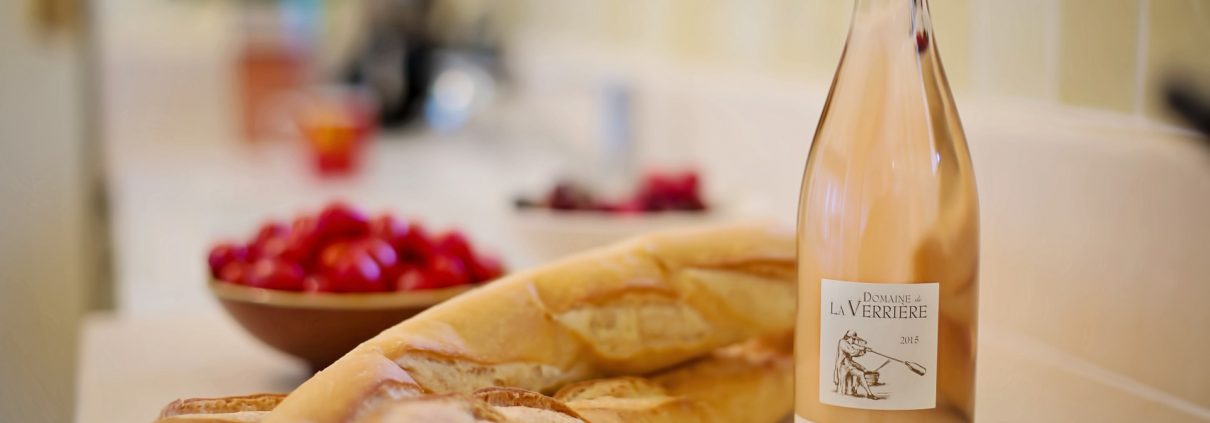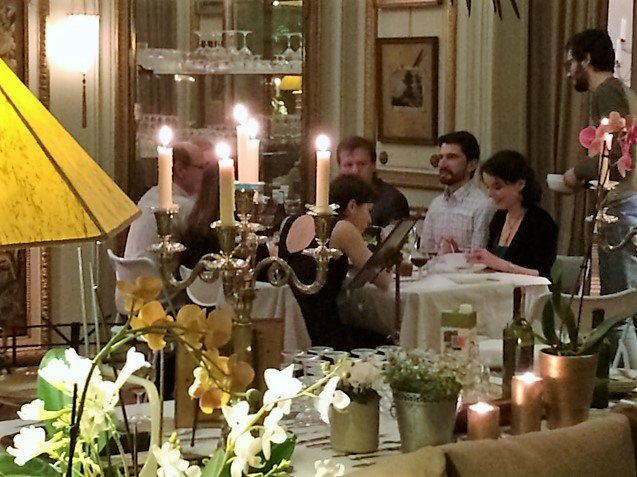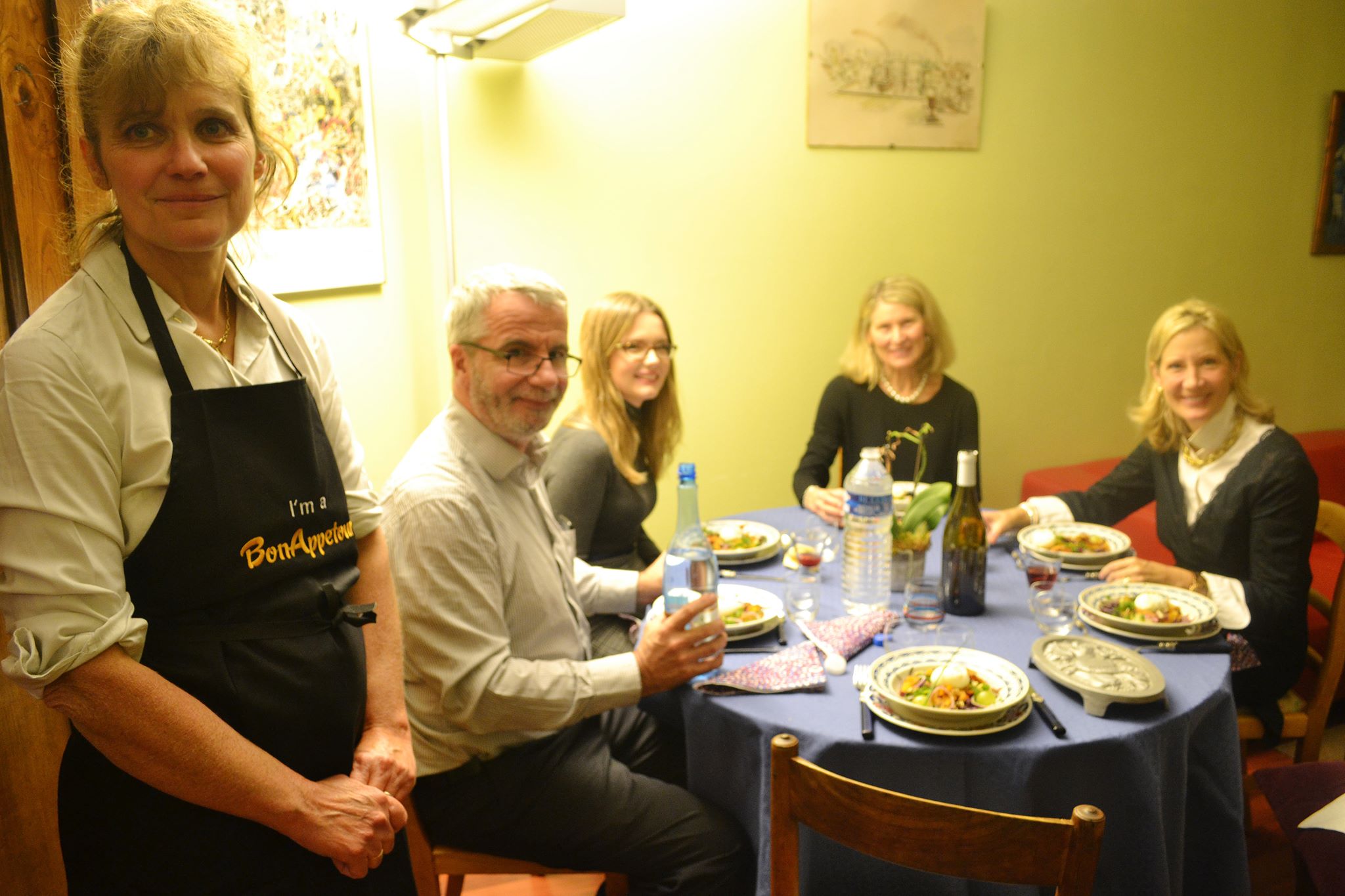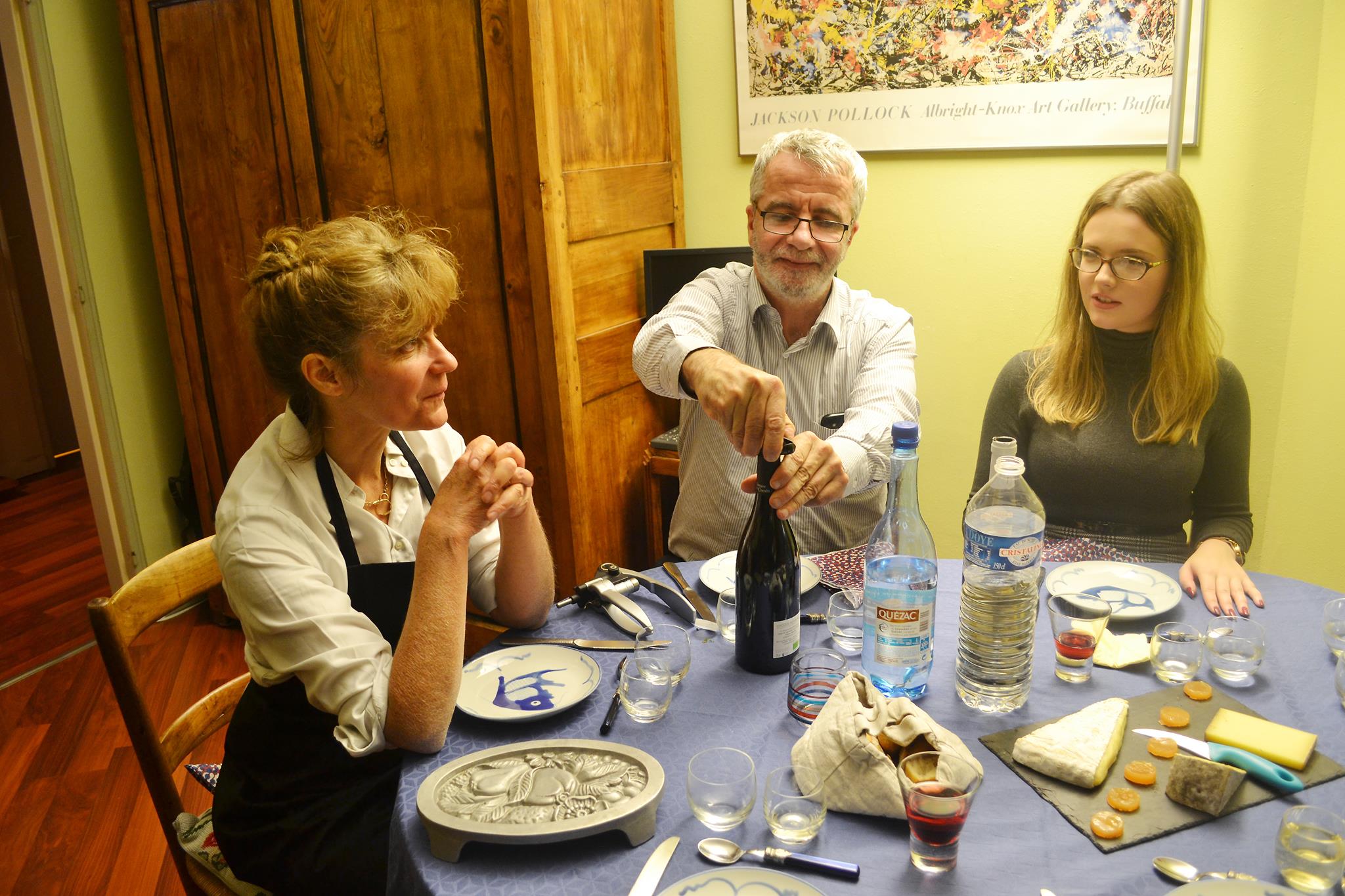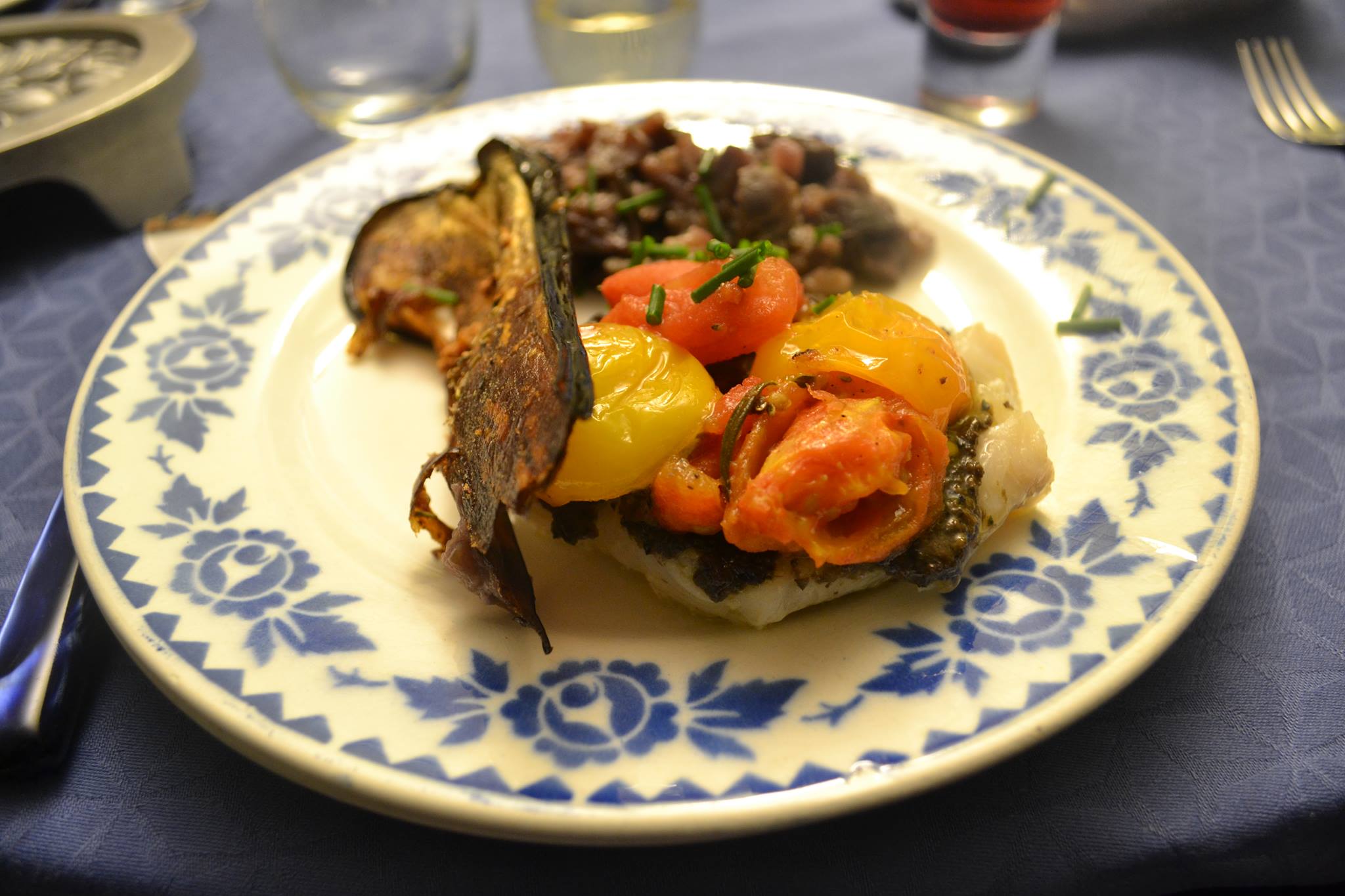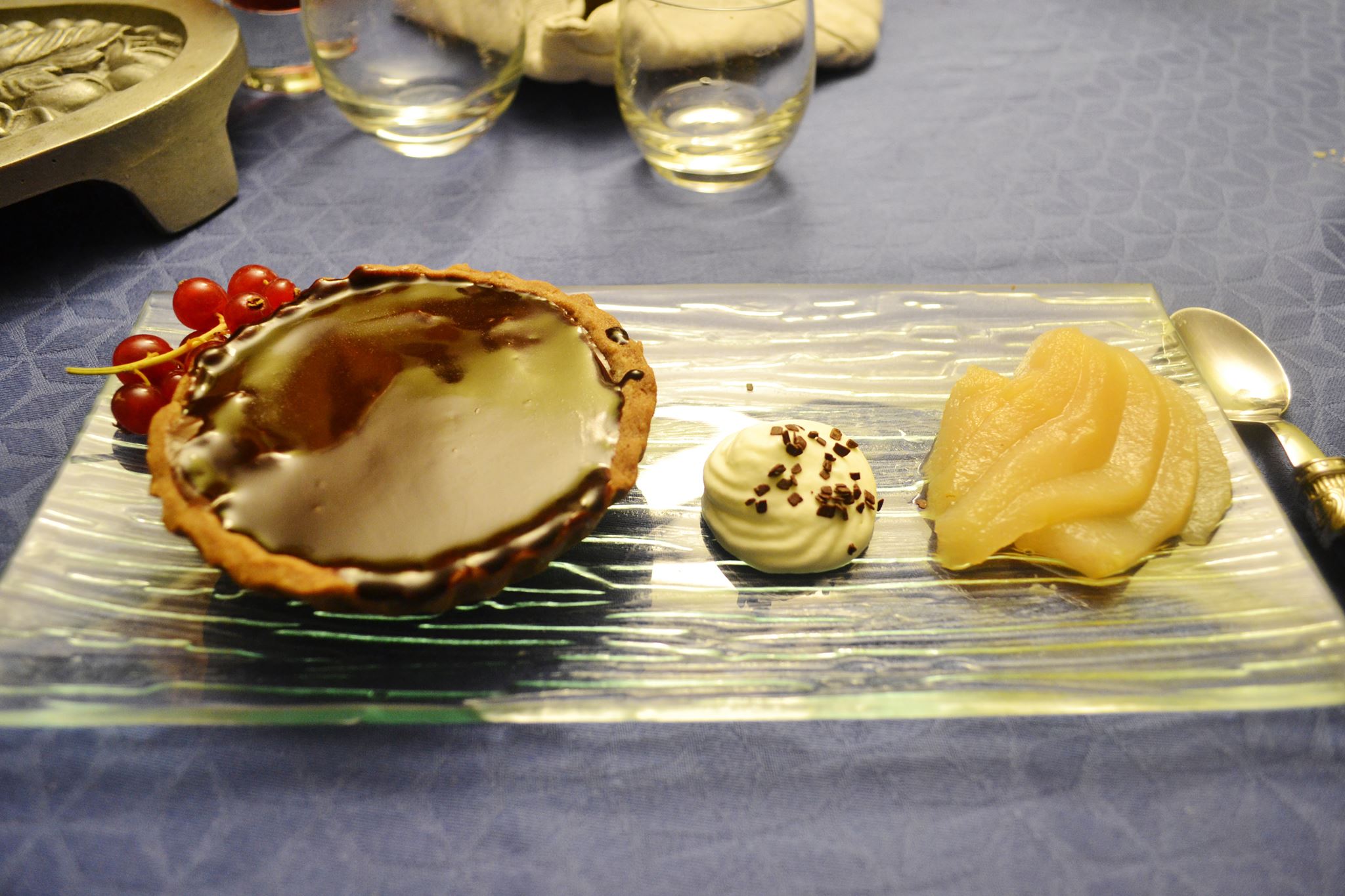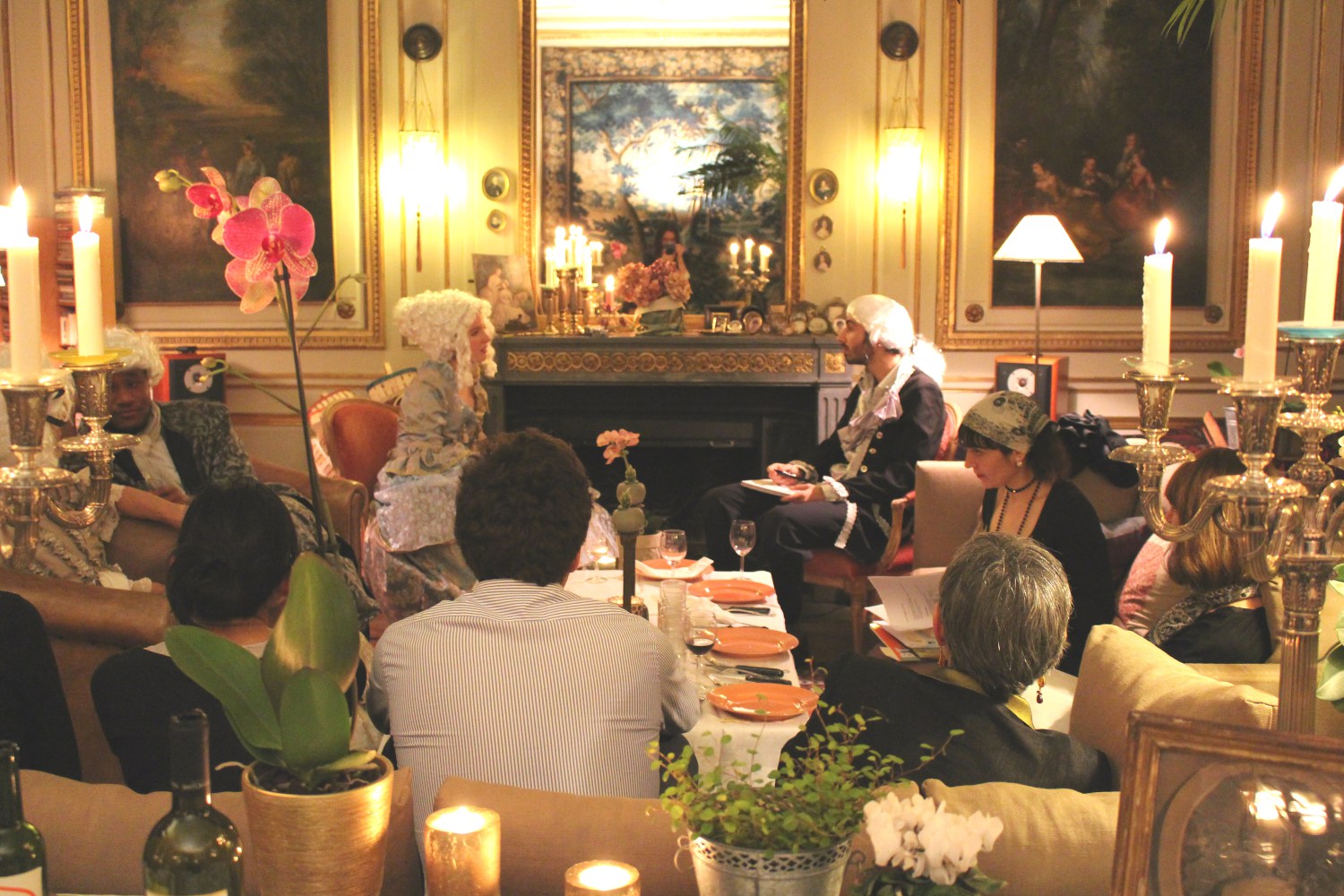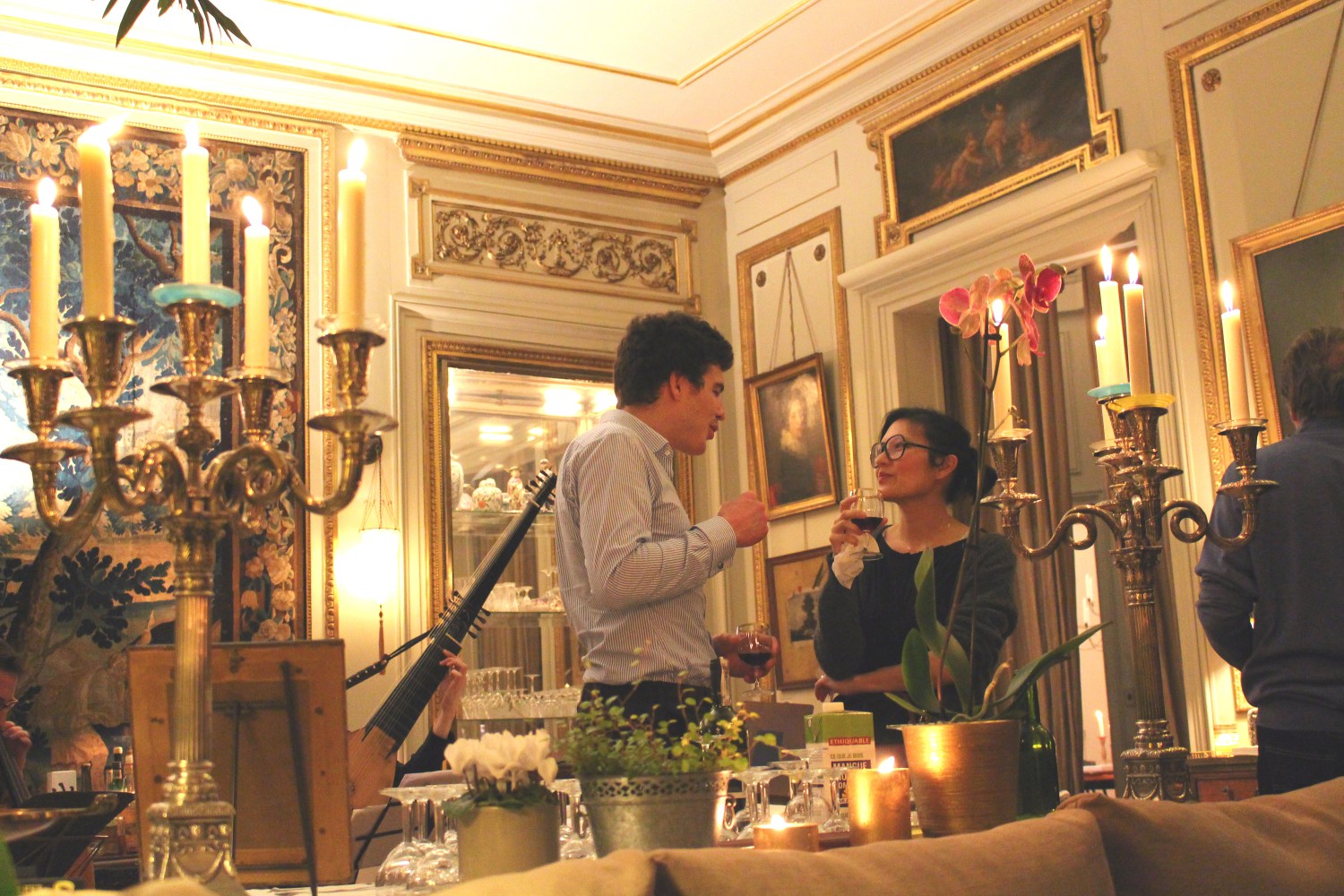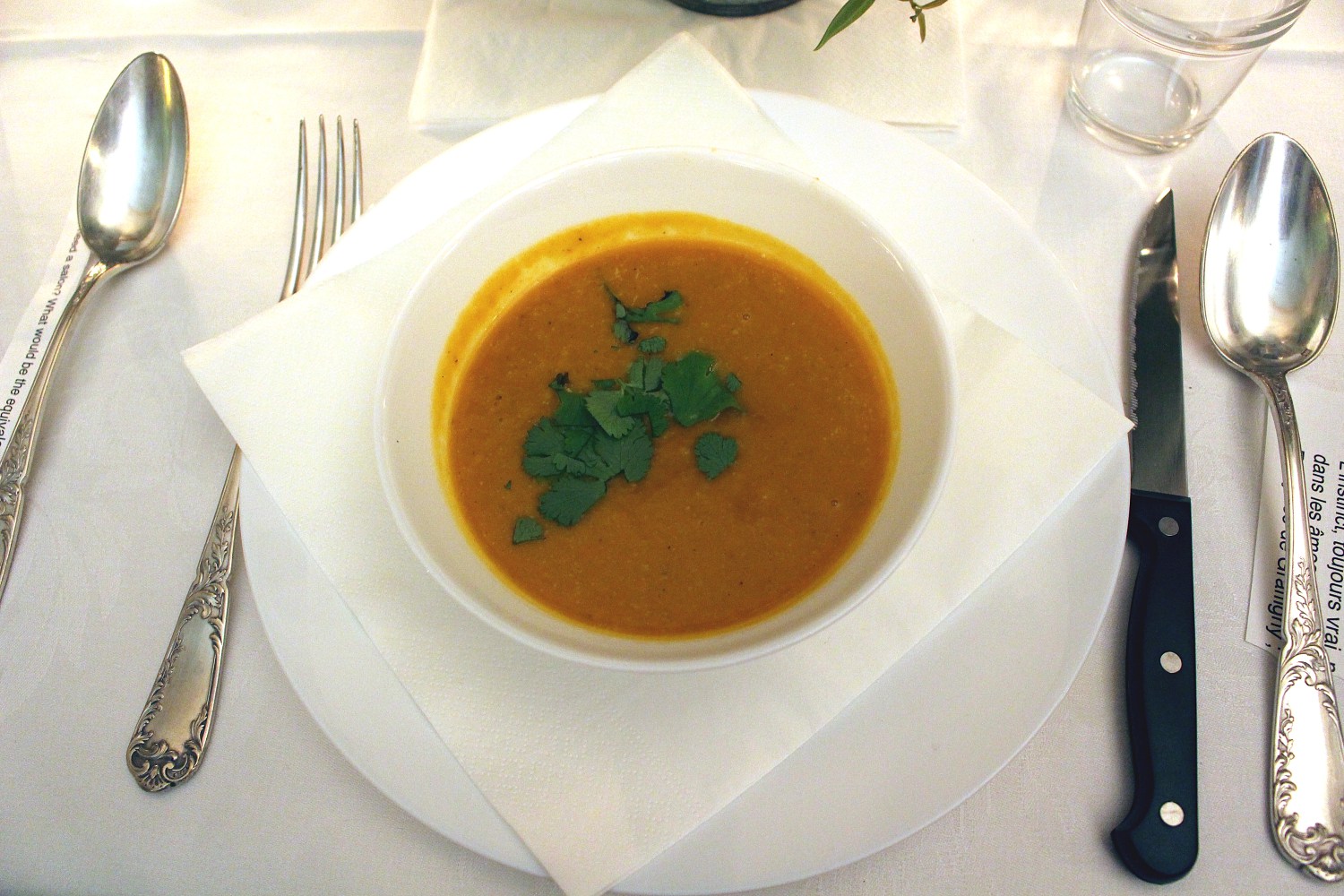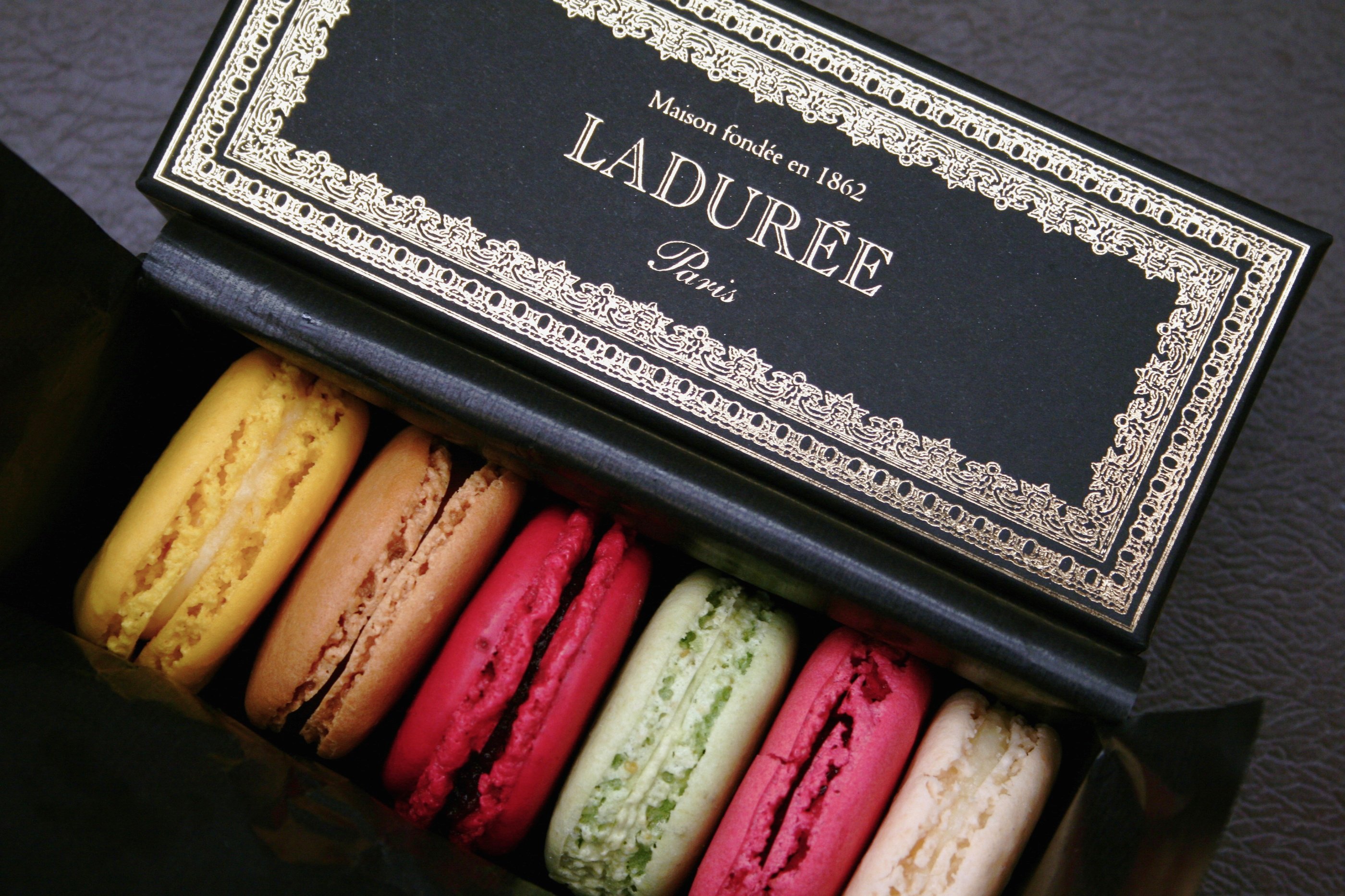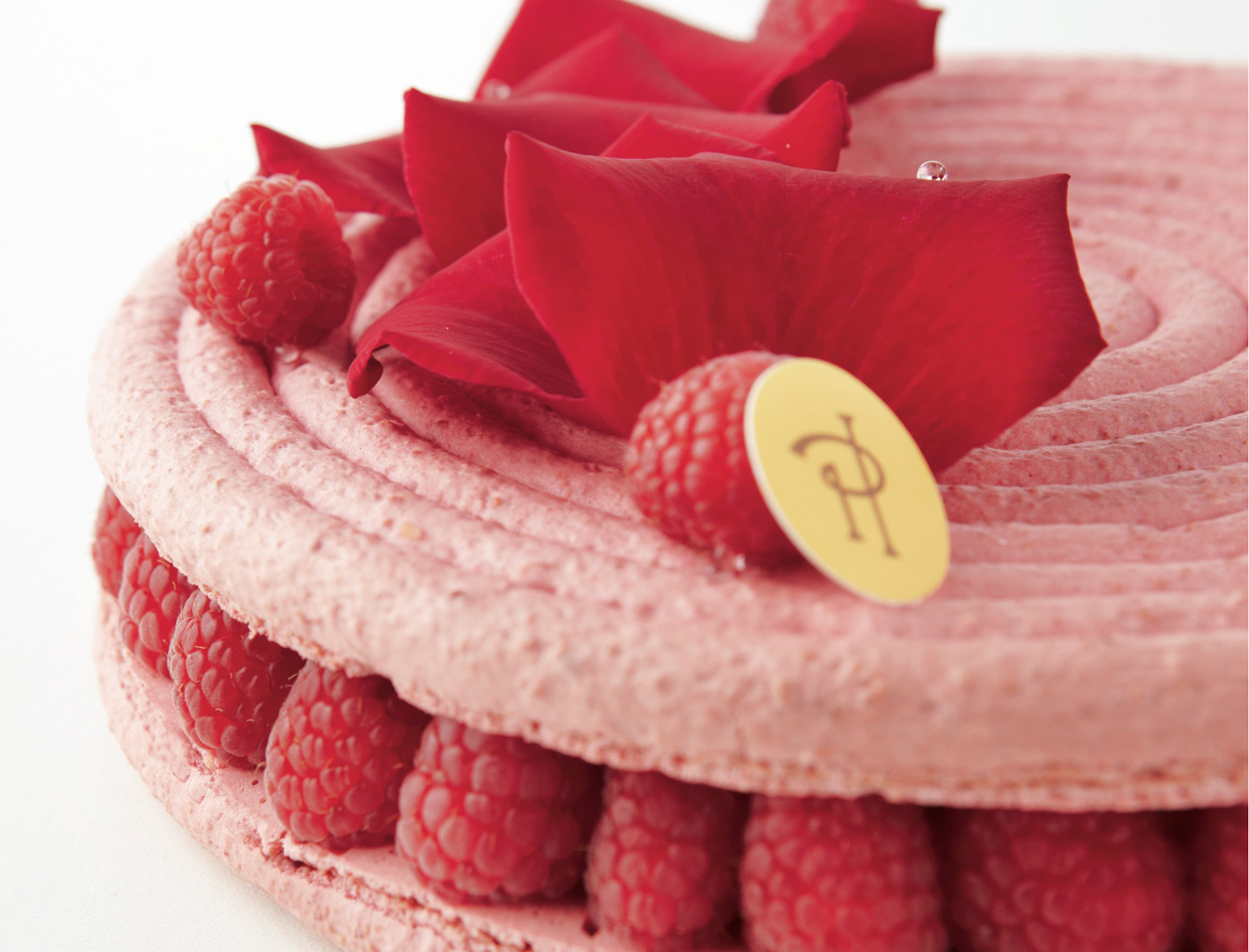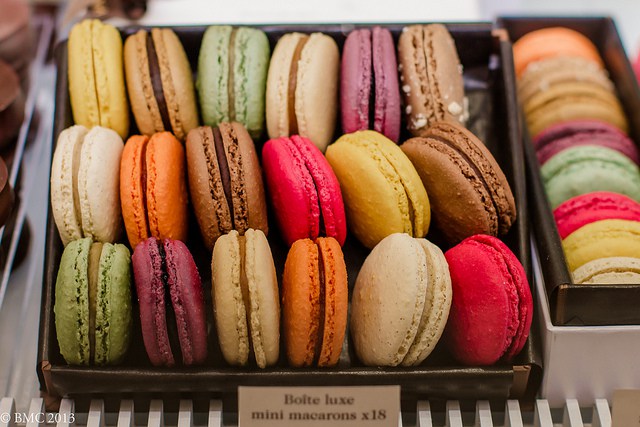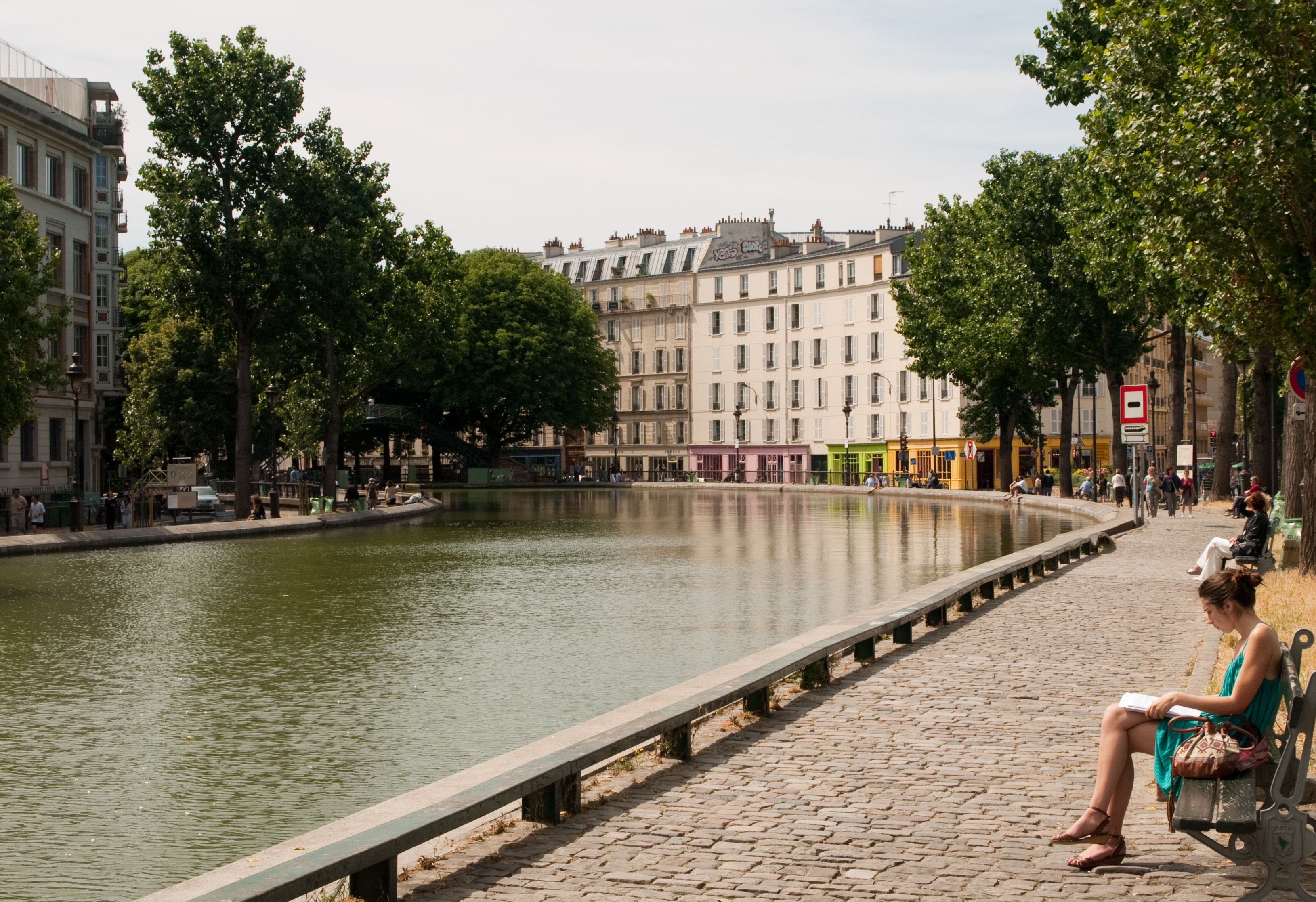The Essential Guide To French Dining Etiquette (Or, How To Survive A Dinner In Paris)
“Maybe we should take a bottle of something with us? Prosecco, perhaps?”
I could tell by my French boyfriend’s slightly agape mouth that, no, we would not be taking a bottle of Prosecco (or Italian white wine) to his parents’ dinner party in Paris. This was my first lesson in French dining etiquette: always bring a gift for your host, but never let that gift be a bottle of anything non-French.

Here at BonAppetour, we are all about dining with locals. Of course, this means that you actually need to dine like a local, too – which includes adopting the eating customs of your culturally-different dinner-party host.
Naturally, the French have many interesting customs centred around their cuisine; some of these are common sense, but others only a local would know.
But don’t worry, none of them involve frog legs.
Toast properly
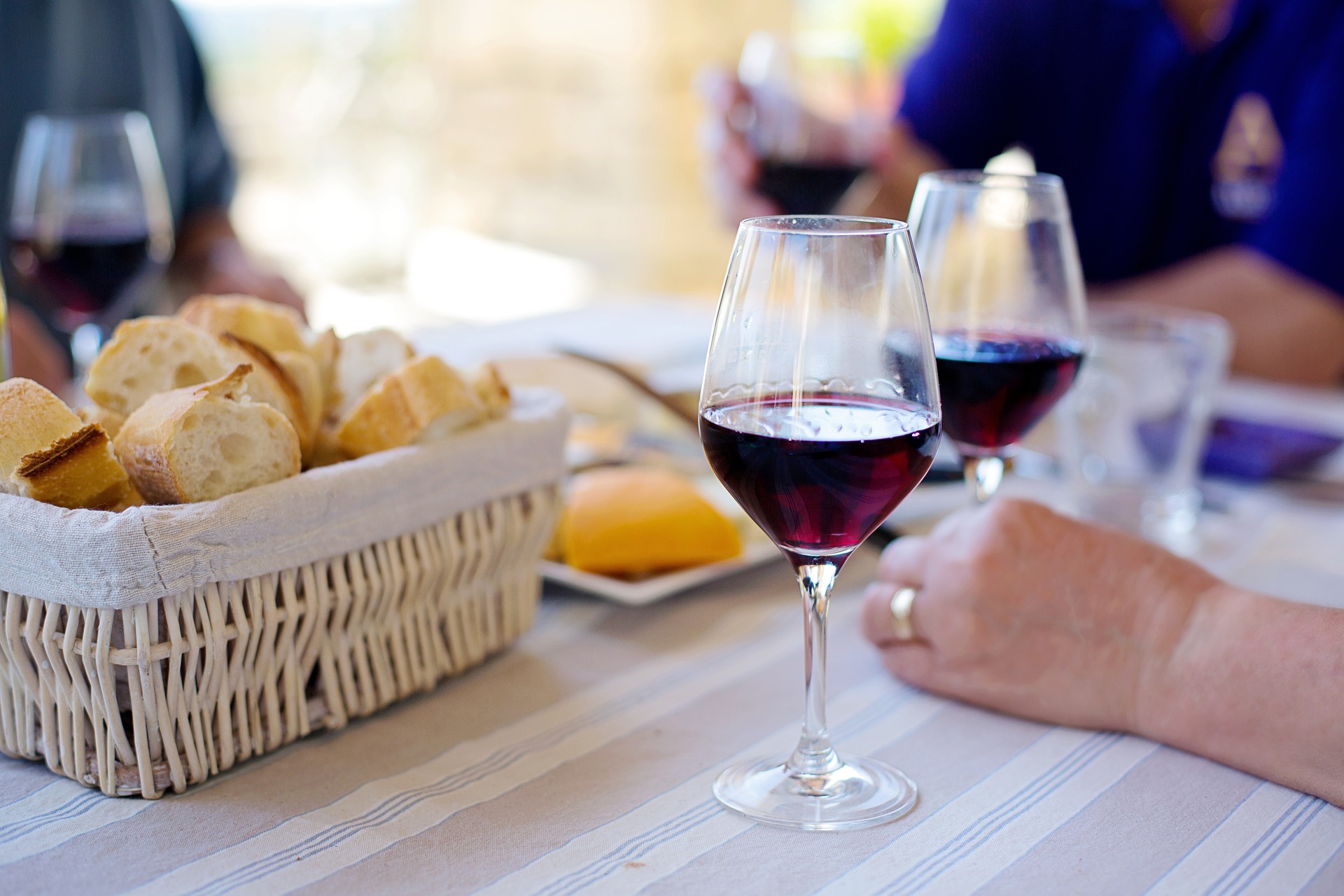
“I’ve heard that only men should refill wine glasses, but I think that may be antiquated,” says Hardly Snarky’s American expat and blogger Anne. Although I don’t think this would sit well with modern-day Parisiennes, it is hardly surprising that drinking wine is no simple affair in France.
Known for their bon vin (or fine wine), the French take great pride in what they serve with their food. In terms of drinking customs, when you’re toasting, always look your toasting partner in the eye, and try not to cross arms with anyone.
A common toast to use is à votre santé (which means “to your health”). This is more commonly shortened to just “santé.”
Take your time
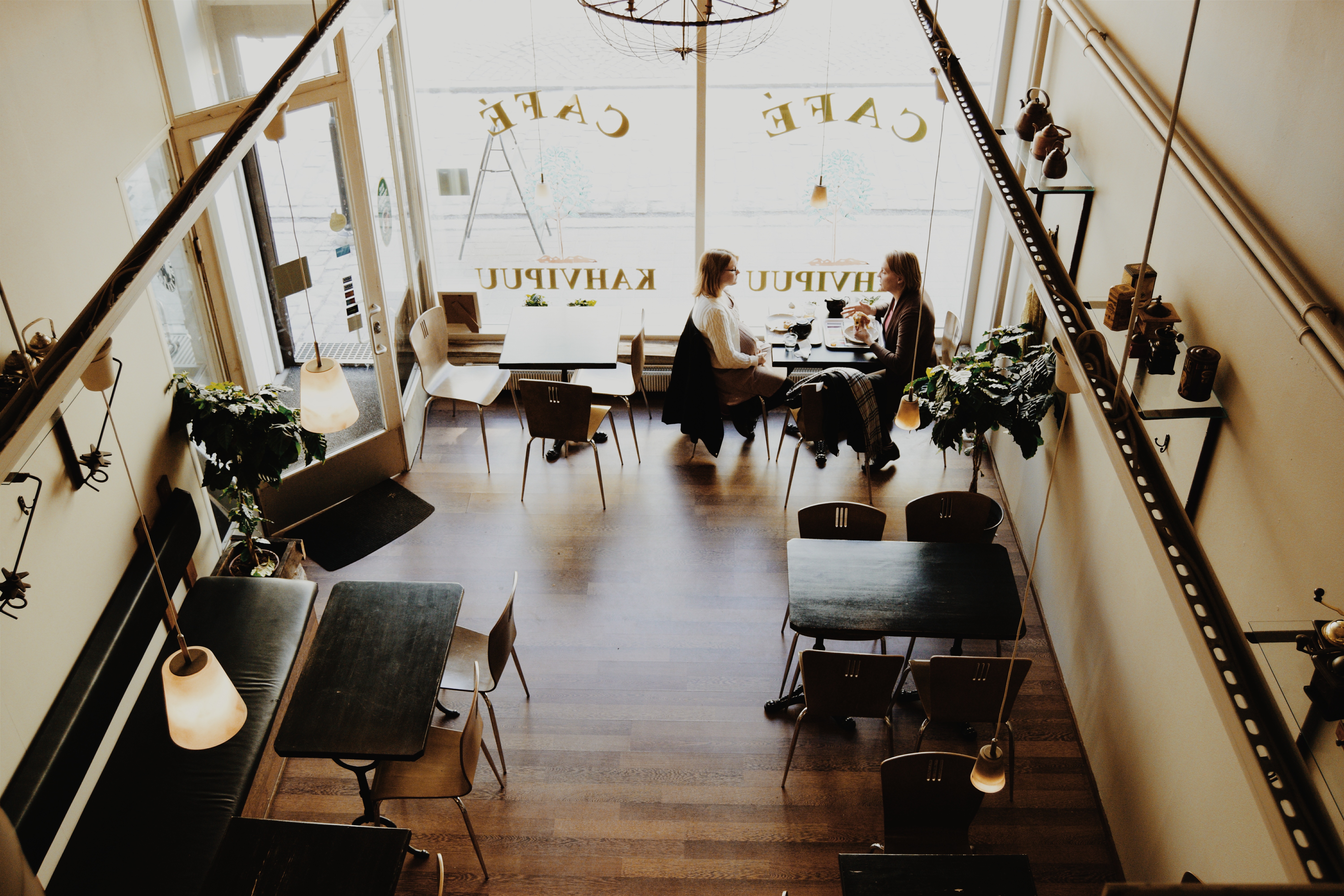
Dining with French locals will never be a quick dinner date. In fact, a survey found that 43% of French people spend over 45 minutes eating lunch each day. This was by far the biggest percentage out of all 14 countries surveyed.
If you are invited to dine in France, make sure you take your time over your food to savour the delicate flavors. It’s only polite to do so!
Watch your “baguettiquette”
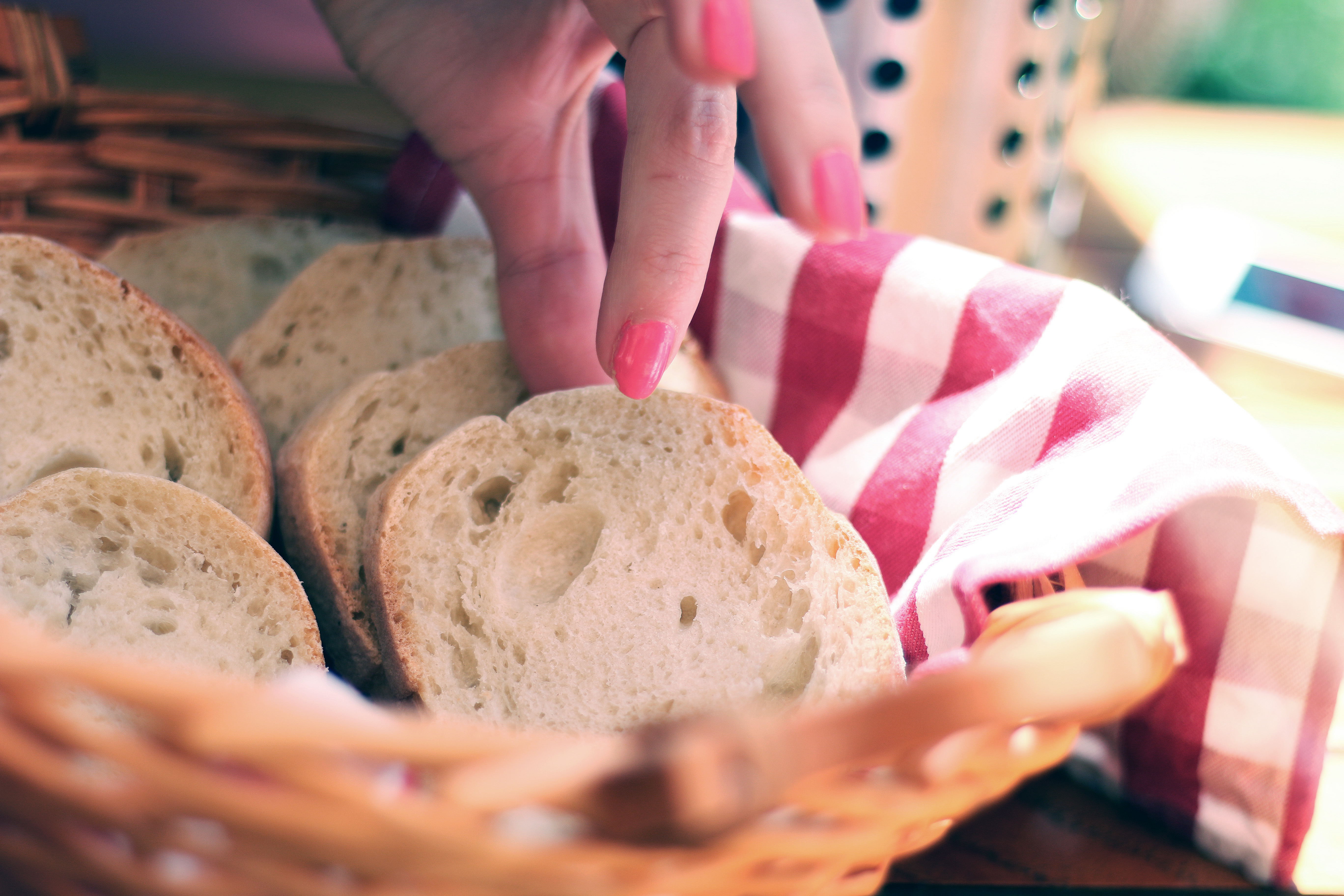
When you are literally breaking bread, leave it by the side of your plate, never on top of it. This would be a serious breach of what is known as “baguettiquette.”
And don’t be surprised if your fellow diners clean-up their plate with their remaining hunk of bread.
…and your table manners
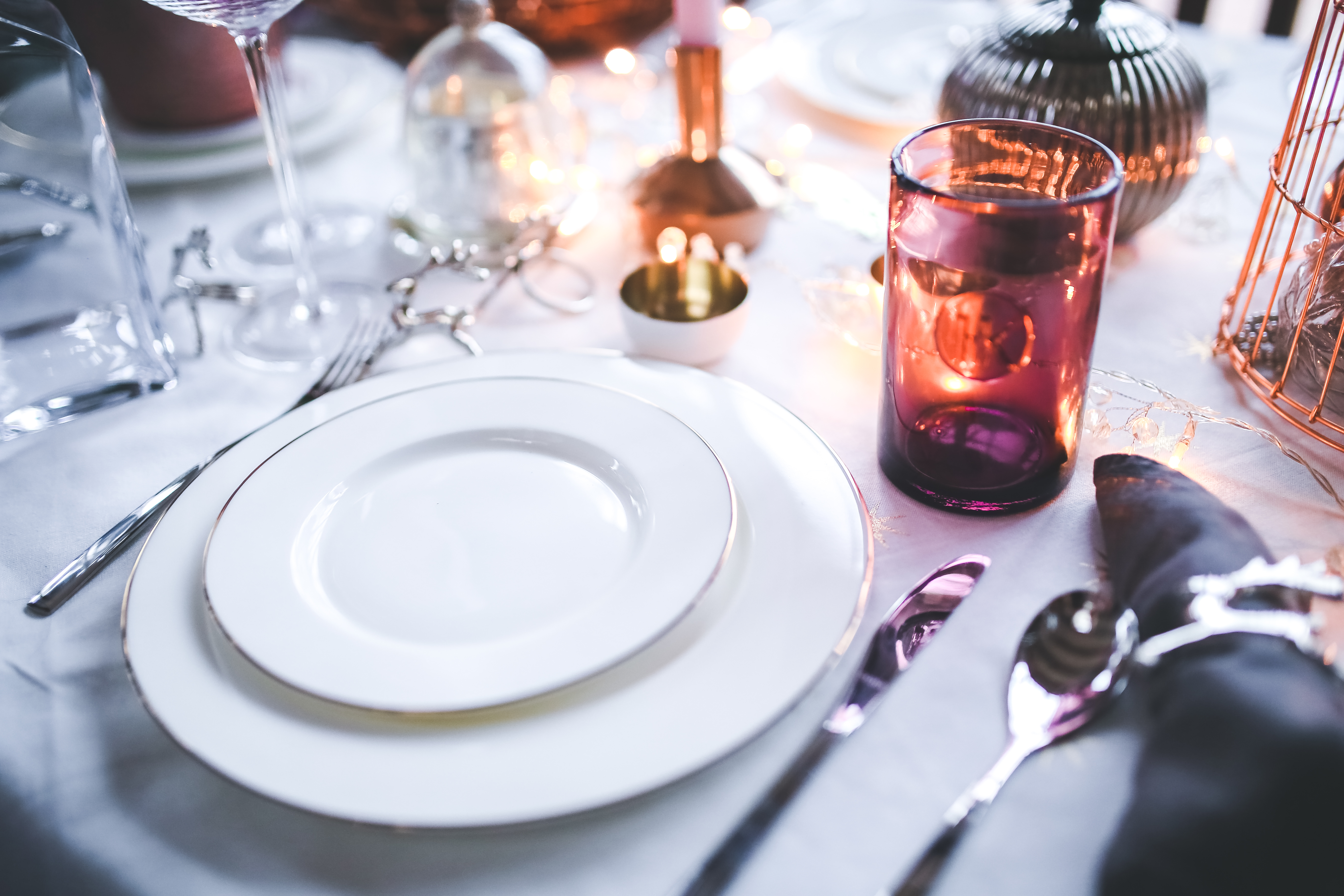
Any slip-up in table manners might offend your local host or hostess, so it is always a good idea to be well-versed in French dining etiquette. Here are some good dining habits to keep in mind:
- Keep your hands on the table at all times
- Don’t eat until your host says, “Bon appétit!”
- Always keep the knife in your right hand, and the fork in your left
- Lay the knife and fork parallel to each other on the right side of the plate once done with the meal
After 5 years of dining with a French family, I have also learned to not touch cheese with my fingers, to not remove the skin from cheeses like brie and camembert, and to not spread foie gras with a knife; rather place a slice onto your bread, and then eat it.
But most of all, I learned to enjoy the delicious dishes of France – and more importantly, the company of my fellow diners.
Over to you
Now that you’re (relatively) well-versed in French dining etiquette, it’s time for you to put it into action at one of BonAppetour’s many home restaurants in Paris. Go ahead, give it a try!

